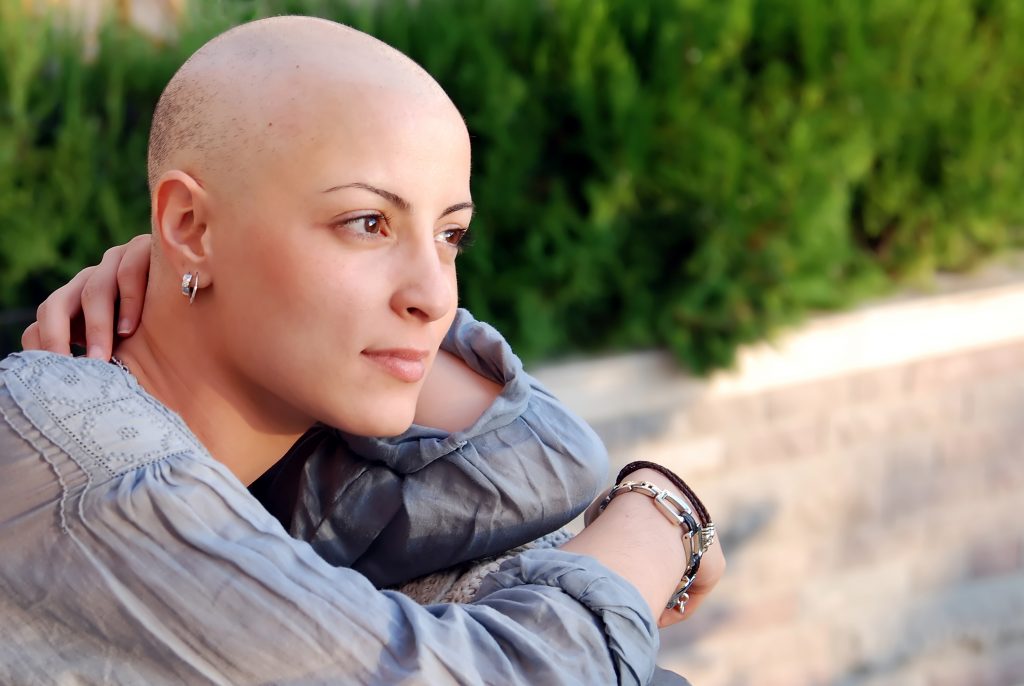Cancer treatment can be a challenging journey, not only because of the disease itself but also due to the side effects associated with various treatment modalities. Understanding and managing these side effects is crucial for improving the quality of life for cancer patients. This guide explores the common side effects of cancer treatment and provides practical strategies for managing them effectively.
Cancer Treatment Side Effects
Cancer treatment side effects vary depending on the type of treatment, the specific drugs used, the patient’s overall health, and other individual factors. Common treatments include chemotherapy, radiation therapy, surgery, immunotherapy, and targeted therapy. Each of these can lead to different side effects.
- Chemotherapy
- Chemotherapy uses drugs to kill cancer cells, but it can also affect healthy cells, leading to side effects such as fatigue, nausea, vomiting, hair loss, and an increased risk of infections.
- Radiation Therapy
- Radiation therapy uses high-energy rays to target cancer cells. Side effects may include skin irritation, fatigue, and localized pain or discomfort.
- Surgery
- Surgical procedures to remove tumors can cause pain, swelling, and a risk of infection. Recovery time and side effects depend on the surgery’s extent and location.
- Immunotherapy
- Immunotherapy boosts the body’s immune system to fight cancer. Common side effects include flu-like symptoms, skin reactions, and digestive issues.
- Targeted Therapy
- Targeted therapy attacks specific cancer cells with fewer effects on normal cells. Side effects can include skin problems, blood clotting issues, and hypertension.
Common Side Effects and Management Strategies
- Fatigue
- Rest and Sleep: Ensure adequate rest and prioritize sleep. Short naps during the day can also help.
- Exercise: Engage in light physical activity, such as walking or yoga, to boost energy levels.
- Balanced Diet: Eat a nutritious diet rich in fruits, vegetables, and lean proteins to maintain energy.
- Nausea and Vomiting
- Medications: Anti-nausea medications prescribed by your doctor can be effective.
- Small Meals: Eat small, frequent meals rather than large ones to ease digestion.
- Hydration: Stay hydrated with water, herbal teas, and clear broths.
- Hair Loss
- Head Coverings: Use wigs, hats, or scarves to cover hair loss and protect the scalp.
- Gentle Hair Care: Use mild shampoos and avoid harsh hair treatments.
- Cooling Caps: Consider using cooling caps during chemotherapy to reduce hair loss.
- Skin Changes
- Moisturizers: Apply gentle, fragrance-free moisturizers to prevent dryness.
- Sun Protection: Use sunscreen and protective clothing to shield sensitive skin from UV rays.
- Gentle Cleansers: Opt for mild soaps and avoid hot water to prevent irritation.
- Pain
- Medications: Over-the-counter or prescription pain relievers can help manage pain.
- Heat and Cold Therapy: Use heating pads or cold packs to alleviate discomfort.
- Physical Therapy: Engage in physical therapy or gentle exercises to reduce pain and improve mobility.
- Infections
- Hygiene: Practice good hygiene, including regular handwashing, to reduce infection risk.
- Vaccinations: Stay up-to-date with vaccinations, such as the flu shot.
- Avoid Crowds: Limit exposure to large crowds and sick individuals to prevent infections.
- Digestive Issues
- Dietary Adjustments: Eat a diet high in fiber to manage constipation and bland foods to ease diarrhea.
- Hydration: Drink plenty of fluids to maintain digestive health.
- Probiotics: Consider taking probiotics to support gut health.
- Emotional Distress
- Support Groups: Join cancer support groups to connect with others facing similar challenges.
- Counseling: Seek professional counseling or therapy to manage anxiety, depression, or stress.
- Mindfulness: Practice mindfulness techniques, such as meditation and deep breathing exercises, to reduce stress.
- Sleep Disturbances
- Sleep Routine: Establish a consistent sleep routine by going to bed and waking up at the same time each day.
- Relaxation Techniques: Practice relaxation techniques, such as reading or listening to calming music, before bedtime.
- Avoid Stimulants: Limit caffeine and screen time in the evening to promote better sleep.
- Appetite Changes
- Nutrient-Dense Foods: Eat nutrient-dense foods to get essential vitamins and minerals, even in small portions.
- Appetite Stimulants: Consult your doctor about medications that can stimulate appetite.
- Pleasant Eating Environment: Create a pleasant eating environment with soft music and appealing food presentations.
Personalized Management Plans
Every cancer patient is unique, and side effect management should be personalized to individual needs and conditions. Here are some tips for creating a personalized management plan:
- Consult Your Healthcare Team
- Work closely with your oncologist, nurses, and other healthcare providers to develop a tailored plan that addresses your specific side effects and health needs.
- Track Symptoms
- Keep a diary to track side effects, noting their severity and any triggers. This can help your healthcare team adjust your treatment plan as needed.
- Stay Informed
- Educate yourself about your treatment and potential side effects. Knowledge empowers you to take proactive steps in managing your health.
- Communicate Openly
- Maintain open communication with your healthcare team. Report any new or worsening side effects promptly to receive timely interventions.
- Utilize Support Services
- Take advantage of support services, such as nutritional counseling, physical therapy, and mental health support, to address various aspects of side effect management.
Frequently Asked Questions
Common side effects of chemotherapy include fatigue, nausea, vomiting, hair loss, and an increased risk of infections.
Managing fatigue can involve ensuring adequate rest, engaging in light physical activity, and maintaining a balanced diet rich in nutrients.
Anti-nausea medications, eating small frequent meals, and staying hydrated can help reduce nausea and vomiting.
While hair loss may not be entirely preventable, using cooling caps during chemotherapy and opting for gentle hair care products can help reduce hair loss.
To protect your skin, use gentle moisturizers, apply sunscreen, and choose mild soaps. Avoid hot water and harsh skin treatments.
Managing pain can involve taking prescribed pain relievers, using heat and cold therapy, and engaging in physical therapy or gentle exercises.

Liam Smith is passionate to cancer awareness and education, dedicated to providing support and inspiration for those affected by the disease. With a background in healthcare and a deep understanding of the emotional and physical challenges faced by cancer patients and their families, Liam shares valuable insights, coping strategies, and the latest advancements in treatment.

